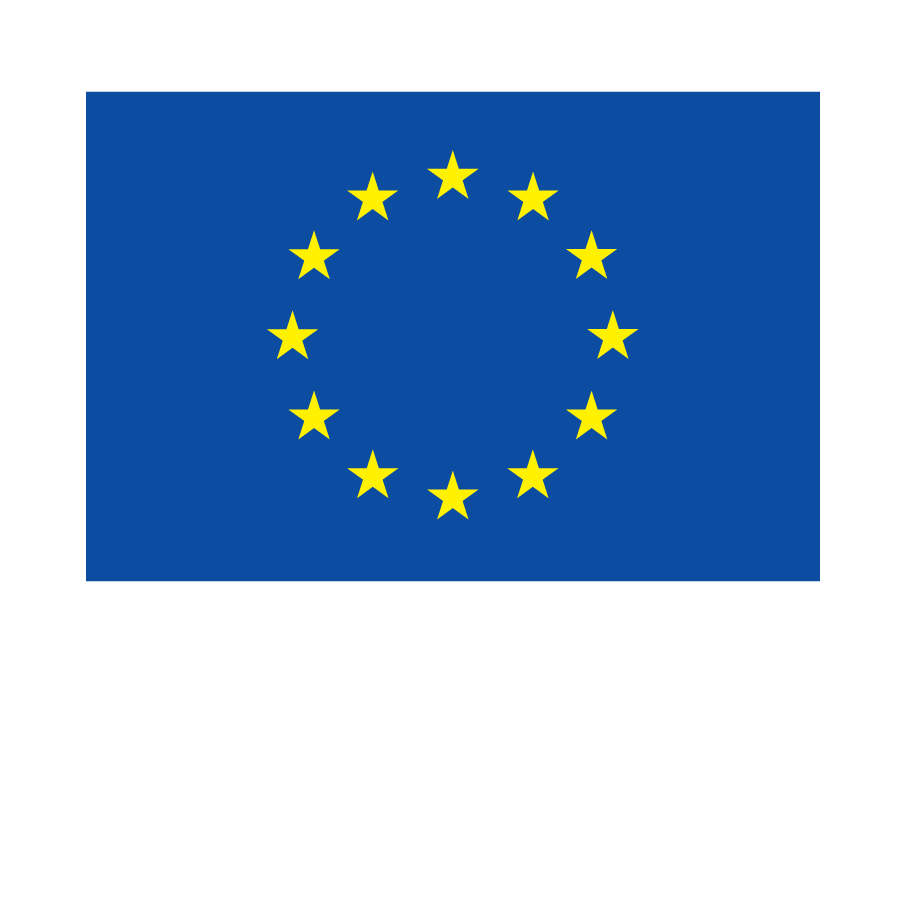Share

CRoLEV STATEMENT
ON THE OCCASION OF THE 75TH ANNIVERSARY OF THE
UNIVERSAL DECLARATION OF HUMAN RIGHTS
The achieving and maintaining of peace in contemporary European and world history has seen the rise and the nesting of universal fundamental human rights, Rule of Law principles and Democratic values. From maintaining the Rule of Law derives the sustainability of Democratic values and fundamental freedoms under the law enshrined in human rights[1] and this is no European privilege. It derives from an existential ‘common standard of achievement’ reached by the General Assembly of the United Nations on 10 December 1948 leading to the adoption of the Universal Declaration of Human Rights (UDHR).[2] A whole human life has now passed. The Declaration is vibrant. This short statement is a tribute to all nations, organisations and individuals involved in the safeguarding of fundamental human rights at all levels and across times.
The 10th of December 2023 marks the 75th anniversary since the adoption of the UDHR, the most groundbreaking milestone and pledge in human history. The 1948 Universal Declaration elevated all human rights (civil, political, economic, social and cultural), to the momentum of universality and indivisibility, proving once more that having common values is what creates unity and maintains the stability and security of nations.[3]
The UDHR has been the inspiration of numerous human rights instruments across the world throughout history, internationally and in European architecture via the Council of Europe Statute,[4] the European Convention for the Protection of Human Rights and Fundamental Freedoms (ECHR),[5] as well as the EU Treaties[6] and the Charter of Fundamental Rights of the European Union (EU Charter).[7]Over the past decades Europe and the European Union, following the path of the most influential human rights document – the UDHR – have made great steps away from discrimination, torture, exploitation, and other types of injustices, that were previously unimaginable. The EU Charter, proclaimed in 2000 and granted legally binding effect in 2009 with the Treaty of Lisbon, is a unique and modern human rights instrument aiming at strengthening the protection of fundamental rights in the EU. The Charter codifies all human rights protected in the EU, deriving from the case law of the Court of Justice of the EU (CJEU), the European Convention on Human Rights (ECHR) and common constitutional traditions of the Member States. Its uniqueness can be attributed amongst other, to the fact that it covers civil and political rights; economic, social and cultural rights; as well as modern rights like data protection, freedom to conduct a business, good administration and the rights of the elderly.
Guided by the UDHR, the developments have been progressive, but there is still road ahead until every person in Europe and beyond, is truly “born free and equal in dignity and in rights”.[8] The 75th anniversary since the adoption of the UDHR comes during challenging times; wars and more conflicts are breaking out, increasing movement of migrants and refugees is observed, we seem to be close to the peak of the climate change with serious implications on humanity as well as evident backsliding of fundamental rights and the rule of law in European countries.
Our aim, as the Centre for the Rule of Law and European Values (CRoLEV) is to contribute, as we can, to sustain the protection and promotion of fundamental rights and the rule of law. Using the UDHR and European human rights instruments as shields during difficult times, will help us overcome the challenges and work towards further development and application of human rights.
Prof. Stephanie Laulhe-Shaelou, Professor of European Law and Reform, Director of CRoLEV
Dr Katerina Kalaitzaki, Lecturer EU Public Law, Senior Researcher at CRoLEV
[1] See e.g. Sir Alfred Denning (later known as Lord Denning MR, Master of the Rolls from 1964 until 1982), Freedom under the law (Stevens & Sons Ltd: London, 1949), 3 & 96) https://socialsciences.exeter.ac.uk/media/universityofexeter/schoolofhumanitiesandsocialsciences/law/pdfs/Freedom_Under_the_Law_1; see also Democracy, the ‘constant relationship between the rulers and people’
(Winston Churchill MP, Leader of the Opposition, Hansard, House of Commons Debates, 11 November 1947, Column 205, https://api.parliament.uk/historic-hansard/commons/1947/nov/11/parliament-bill
[2] https://legal.un.org/avl/ha/udhr/udhr.html
[3] Articles 1 and 2, the Charter of the United Nations (1945) https://www.un.org/en/about-us/un-charter; see also Declaration of the High-Level Meeting of the General Assembly on the Rule of Law at the National and International Levels: resolution A-RES-67-EN https://digitallibrary.un.org/record/738646
[4] Article 3, Statute of the Council of Europe (1949) https://rm.coe.int/1680935bd0 ; see also European democracies and democratic societies in Resolution Res(2002)12 establishing the European Commission for the Efficiency of Justice (CEPEJ).
[5] European Convention on Human Rights (ECHR) https://www.echr.coe.int/documents/d/echr/Convention_ENG.
[6] Articles 2, 6 and 7 Treaty on the European Union (TEU).
[7] Charter of Fundamental Rights of the European Union (EU Charter) https://eur-lex.europa.eu/legal-content/EN/TXT/?uri=CELEX:12012P/TXT.
[8] Article 1, Universal Declaration on Human Rights (UDHR)

